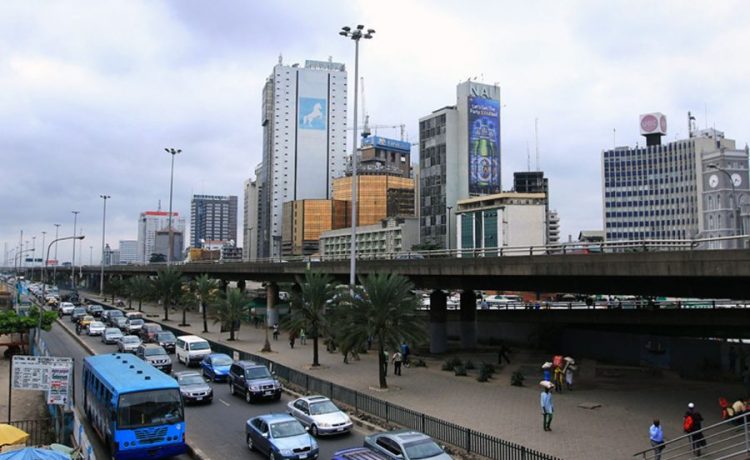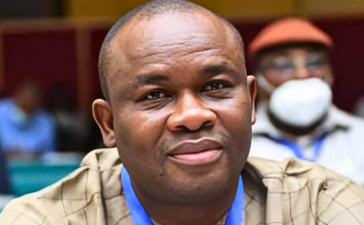Nigeria has retained its status as a lower middle-income (LMI) country, according to the World Bank’s annual country classifications by income level for the period of 2024-2025. This classification is a testament to Nigeria’s economic growth and changes in its gross national income (GNI) per capita.
The World Bank Group categorizes the world’s economies into four income groups based on GNI per capita: low, lower-middle, upper-middle, and high-income. These classifications are updated annually on July 1st, using GNI figures from the previous calendar year.
Previously, Nigeria was classified among the low-income countries in 1987. However, due to sustained economic growth, Nigeria transitioned to the lower-middle-income category by 2022. This shift reflects significant improvements in the country’s economic indicators over the years. Nigeria’s current classification places it alongside other African countries in the lower-middle-income category, including:
Angola
Benin
Cape Verde
Cameroon
Republic of Congo
Côte d’Ivoire
Djibouti
Arab Republic of Egypt
Eswatini
Ghana
Guinea
Kenya
Lesotho
Morocco
Papua New Guinea
São Tomé and Príncipe
Senegal
Tanzania
Tunisia
Zambia
Zimbabwe
Implications of LMI Status
Countries classified as lower-middle-income economies have a moderate GNI per capita, higher than low-income economies but below a higher threshold. This classification suggests that Nigeria, while having made significant economic progress, still faces challenges typical of lower-middle-income countries. These include improving infrastructure, enhancing healthcare and education, and fostering sustainable economic growth.
Retaining its lower-middle-income status highlights Nigeria’s economic advancements and its position among other developing nations striving for further growth and development. The World Bank’s classification serves as a benchmark for assessing economic progress and guiding policy decisions aimed at achieving higher economic status.
In summary, Nigeria’s retention of its lower middle-income status in the World Bank’s classification for 2024-2025 underscores the country’s ongoing economic growth and progress in improving its GNI per capita, while highlighting the challenges that lie ahead in its development journey.







